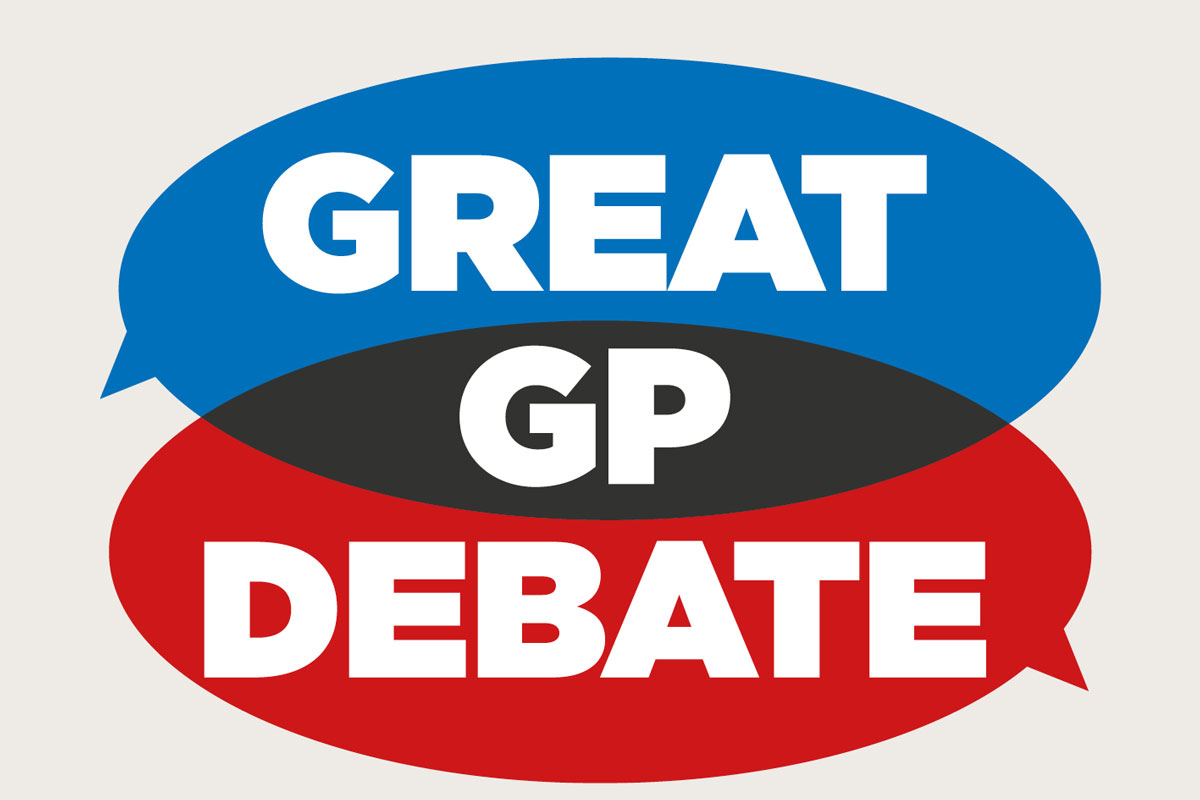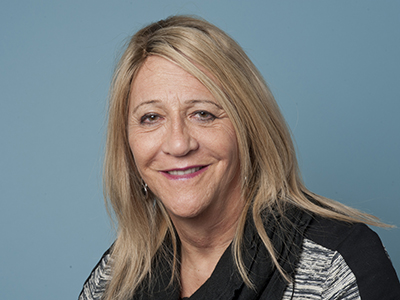
The NHS and in particular general practice is at breaking point. We all know why, the unholy trinity of increasing demand, decreasing resources and a decreasing workforce. Although most of us want to work in the current pattern that we are familiar with and feel gives maximum benefit to our patients, unless something drastically changes we may be forced to change. If so, we need to consider the role of the general practitioner and how best to utilise this precious resource.
GPs currently see all types of patient with all types of problems. National data collections suggest that almost one in four GP appointments are potentially avoidable but what about the remaining three out of every four consultations? Do you need to see a GP with a minimum of 10 years of training for every problem? Evidence shows that outcomes for people with long-term conditions are improved by continuity of care and seeing the same GP, but what about people without long-term conditions who have acute and probably self-limiting illness? Significant numbers of GP appointments are being held on a daily basis for people with conditions that they feel are urgent but, from a medical point of view, largely are not. A typical ‘duty doctor’ session will involve seeing patients with upper respiratory track infections, urinary tract infections, musculoskeletal injuries, sore throat, ear ache, diarrhoea and vomiting etc. Could these patients be managed in an alternative fashion and if so would this cause any detriment to their long-term health?
This would free up time to enable the GP practices to see the patients who require continuity of care
For a number of years GPs worked in co-operatives to provide out of hours’ care so that individual practitioners where not on call 24-7, the profession deemed this acceptable practice that does not harm patient care. Recently in some areas GP hubs have been formed to provide for routine GP care outside of core practice hours, the hubs have full access to patient notes but the patient is not being seen by their ‘normal’ GP.
A discussion now taking place in the profession is ‘could these hubs offer care in core practice hours and if so how would this best be utilised?’ The idea being that these hubs are used for appointments booked on the day for patients who deem themselves to have an urgent problem. The hubs could be staffed by physician’s associates/advanced nurse practitioners/pharmacists etc. with a GP supervising and supporting a team of these clinical colleagues. This would then free up time to enable the GP practices to see the patients from their list who require continuity of care and longer term management of their health conditions. Such a system would require good quality triaging to ensure that patients were appropriately directed to either their practice or the hub. This would be to ensure that problems that may need a two week wait referral, be suggestive or significant illness (e.g. depression) are seen at the GP practice rather than the hub.
Opponents to such schemes will highlight the importance of continuity of care and the potential of each consultation in providing health education, building the doctor-patient relationship and exposing hidden agendas. The counter argument to this is that although these are all important factors to take into consideration, we have already lost a lot of the continuity of care in practice with the increased role of the practice clinical team and part-time working, we have a workforce crisis and that unless we take positive action to address the flood of demand, in the very near future we will be unable to support our patients with significant health needs.
Dr Michelle Drage is chief executive of Londonwide LMCs
This blog is part of our ‘Great GP Debate’ season. If you would like to write a blog on how you see the future of general practice, then please email the Editor at [email protected].
Pulse October survey
Take our July 2025 survey to potentially win £1.000 worth of tokens













